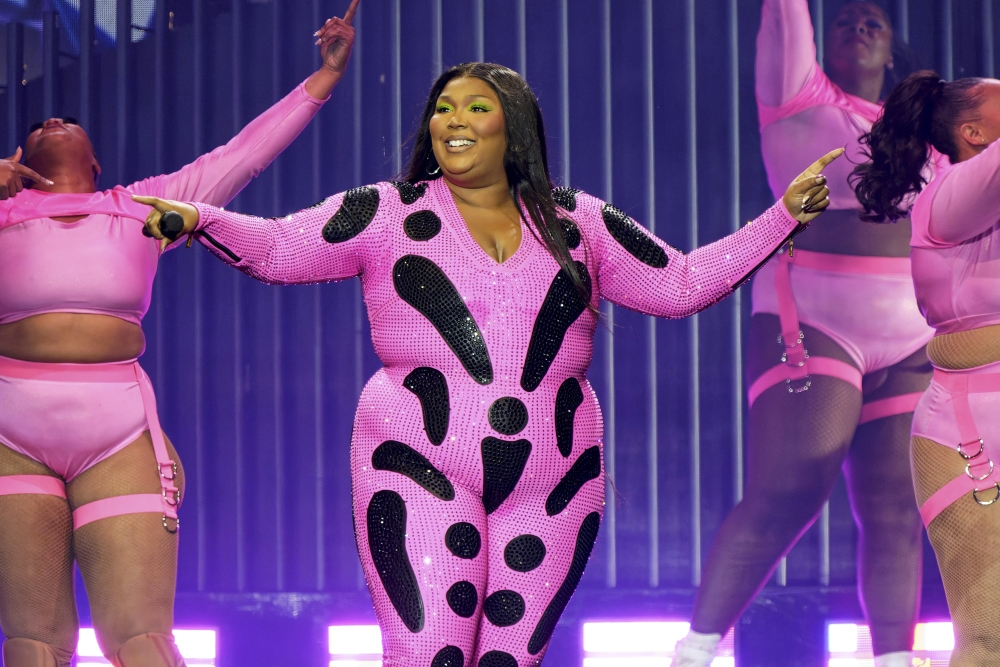The release of Lizzo’s documentary, titled “Love Lizzo,” has taken an unexpected turn as allegations emerged regarding the inclusion of private and emotional footage featuring her backup dancers discussing the challenges of navigating the dance industry as plus-sized individuals. The documentary segment, lasting about five minutes, shed light on the dancers’ candid reflections on the additional hurdles they face due to their body size. However, these very dancers later revealed that this intimate and heartfelt footage had been incorporated into the documentary without their knowledge or consent.
The candid video snippet showcased one of the dancers sharing an emotionally charged sentiment: “You can’t let nobody see you sweat.” The other dancers present during this discussion nodded in agreement while wiping away tears. The underlying message was clear – excelling in their profession necessitated going above and beyond expectations. “You have to be three times better than. It’s not two times. It’s three times. You know what I mean?” they acknowledged collectively.
The controversy ignited when the dancers discovered that their private conversations had been woven into the fabric of the 2022 HBO Max documentary without their prior awareness or permission.
On January 17, the manager representing the dancers, Slay Smiles, conveyed their deep dissatisfaction to Alan Brunswick, an attorney representing co-producer Boardwalk Pictures. An email, subsequently reviewed by The Times, revealed Smiles expressing, “After seeing all of the videos, I’m sure you realize how sensitive and private the dialogue was for the talent involved… by sharing this unauthorized footage to the public without their approval/permissions, has truly exploited these women and violated the emotional safety they had in those moments.”
The crux of the matter lies in the distinction between the dancers’ roles within a union contract, particularly pertaining to their participation in the VMAs, and the unscripted, non-union behind-the-scenes content featured in “Love Lizzo.” Unlike the clear-cut agreements surrounding their work within the union framework, the dancers were not presented with formal contracts for the emotional and personal content that ultimately found its way into the documentary.
Alan Brunswick, the attorney representing Boardwalk Pictures, explained the context to The Times, stating that the documentary was not initially envisioned when the candid behind-the-scenes footage was originally captured. He remarked, “They all knew the cameras were there. I don’t think the documentary was even contemplated at that point.”
In the wake of the dancers’ concerns and one of them seeking legal counsel, a series of confidential settlements were reached in February involving Boardwalk Pictures and other relevant parties. As part of these settlements, the dancers agreed to forgo their rights to the contentious footage. In exchange, they received compensation that acknowledged their participation in the documentary.
The situation surrounding Lizzo’s documentary underscores the complexities of preserving the personal and emotional boundaries of individuals, even within the context of artistic endeavors. The resolution of this unexpected and emotionally charged episode reflects the importance of respecting the privacy and agency of those who contribute to such creative projects.




